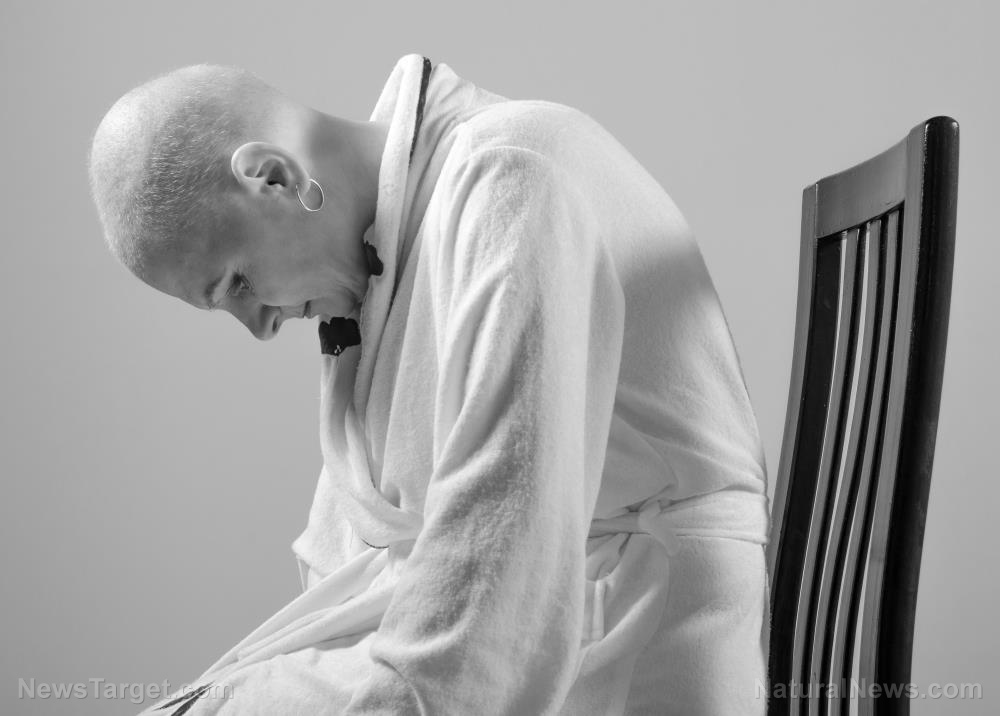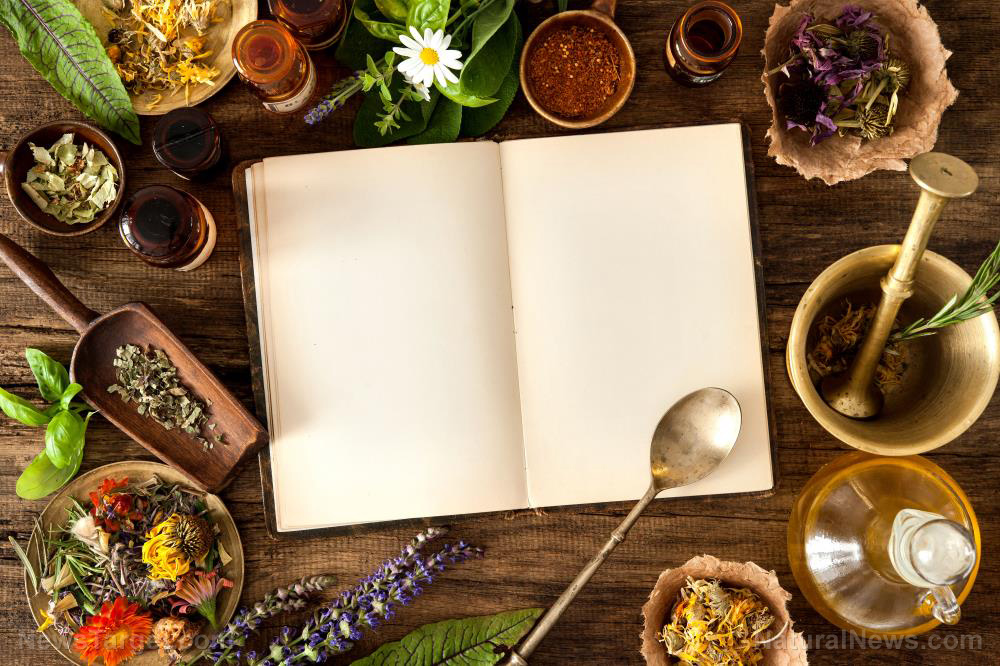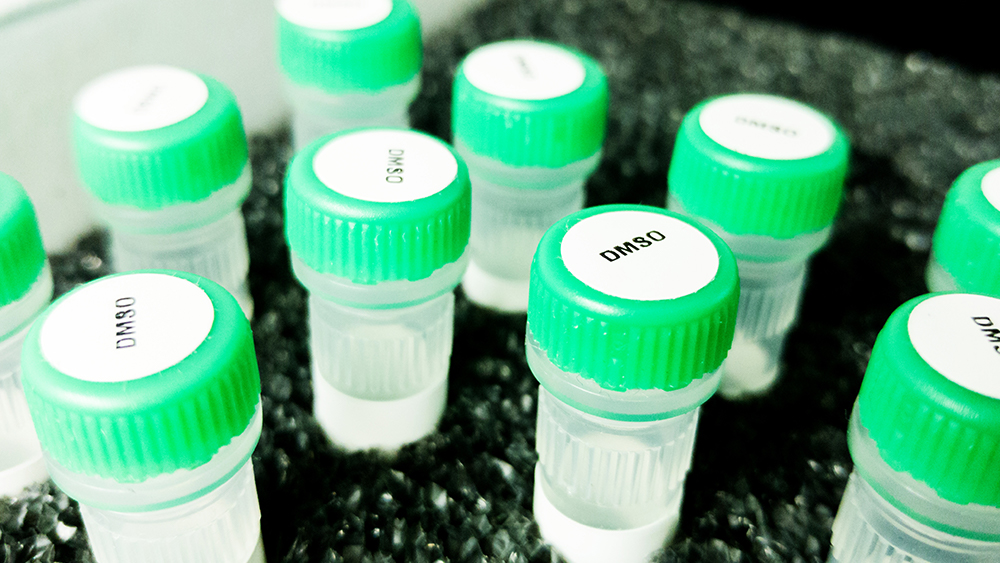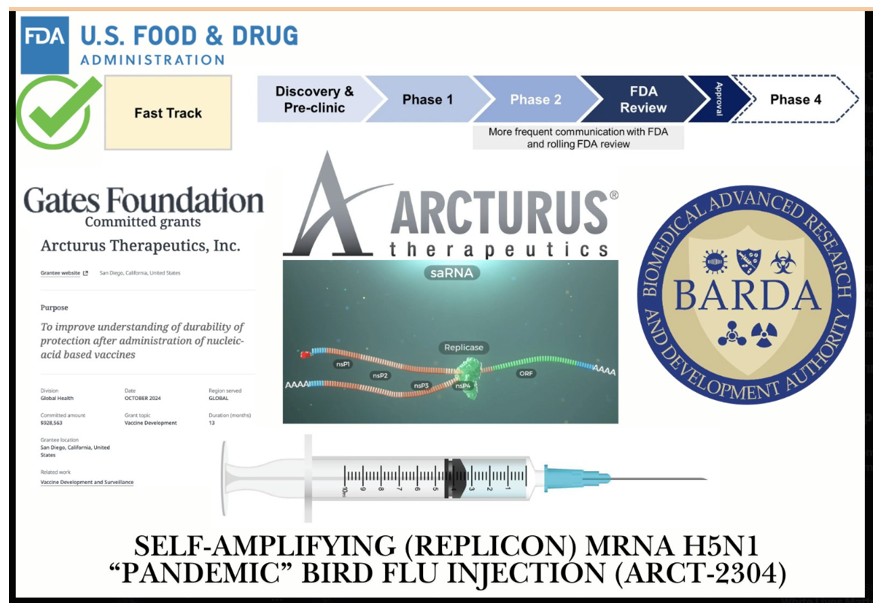Syrian rue’s psychoactive and medicinal power revealed in 2,700-year-old ritual
05/28/2025 / By Lance D Johnson
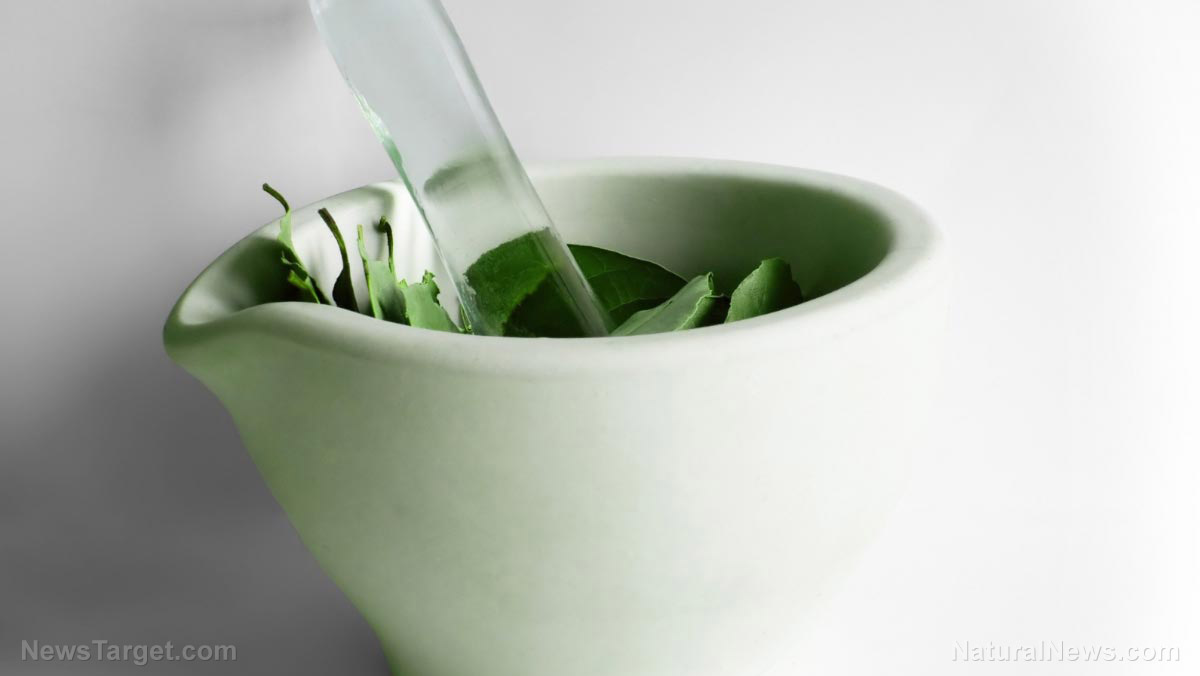
For millennia, humanity has turned to nature’s pharmacy for healing, clarity, and spiritual awakening — yet modern medicine and corporate interests have worked tirelessly to suppress this sacred knowledge. Now, groundbreaking research has exposed the earliest known use of Peganum harmala, or Syrian rue, a potent medicinal and psychoactive plant, in Iron Age Arabia. This discovery shatters mainstream narratives that dismiss ancient plant wisdom as mere folklore, proving instead that our ancestors harnessed nature’s intelligence long before Big Pharma monopolized healthcare.
Led by Dr. Barbara Huber of the Max Planck Institute of Geoanthropology and Professor Marta Luciani of the University of Vienna, the study reveals that nearly 2,700 years ago, Arabian communities were already using harmal in fumigation rituals — burning its seeds to purify spaces, treat ailments, and possibly induce altered states of consciousness. The findings, published in Communications Biology, confirm what natural healers have known for centuries: Plants like Syrian rue hold profound therapeutic and cognitive-enhancing properties that modern science is only beginning to understand.
Key points:
- Researchers identified the earliest known use of Peganum harmala (Syrian rue) in Iron Age Arabia through advanced metabolic profiling of ancient fumigation devices.
- The plant, still used today in traditional medicine, contains antibacterial, psychoactive, and therapeutic ancient ancient communities deliberately harnessed.
- The discovery challenges modern dismissals of herbal medicine, proving that ancient societies had sophisticated knowledge of plant-based healing.
- Corporate and governmental suppression of natural remedies continues, despite historical and scientific evidence supporting their efficacy.
The ancient wisdom of harmal: A plant ahead of its time
Syrian rue, known scientifically as Peganum harmala, is no ordinary weed. Native to arid regions of the Middle East and Central Asia, this resilient plant has been revered for centuries in traditional medicine for its ability to treat infections, ease pain, and even enhance mental clarity. Its seeds contain harmala alkaloids — powerful bioactive compounds that act as monoamine oxidase inhibitors (MAOIs), which can amplify the effects of other psychoactive substances while also exhibiting antidepressant and antimicrobial properties.
Some of harmala’s actions on the body and mind:
- Neuroprotective effects: Harmine, a primary alkaloid, has shown promise in alleviating Parkinson’s disease symptoms, particularly tremors, by modulating dopamine pathways.
- Antimicrobial properties: Extracts demonstrate activity against bacteria, fungi, and parasites, supporting its use in treating infections.
- Antidepressant and anxiolytic effects: Harmala alkaloids act as monoamine oxidase inhibitors (MAOIs), potentially aiding mood disorders.
- Anticancer potential: Studies suggest harmine may inhibit tumor growth by disrupting cancer cell proliferation.
- Pain relief: Traditional remedies use the plant for analgesic and anti-inflammatory purposes.
The new study analyzed organic residues inside ceramic fumigation devices excavated at Qurayyah, an ancient oasis settlement in northwestern Saudi Arabia. Using high-performance liquid chromatography-tandem mass spectrometry (HPLC-MS/MS), researchers detected traces of harmine and harmaline — key alkaloids found in Syrian rue — confirming its intentional use nearly 2,700 years ago.
“Our findings represent chemical evidence for the earliest known burning of harmal, not just in Arabia, but globally,” said Dr. Barbara Huber, lead author of the study. This revelation dismantles the arrogant assumption that ancient peoples lacked sophisticated medical knowledge. Instead, it shows they were pioneers in harnessing nature’s intelligence — long before synthetic drugs dominated the market.
The suppression of plant medicine: A modern conspiracy?
While this discovery celebrates ancient wisdom, it also raises uncomfortable questions: Why has modern medicine so aggressively dismissed plant-based healing? Why do governments and pharmaceutical giants criminalize or marginalize natural remedies while pushing patented, profit-driven synthetics?
The answer lies in control — and profit. Plants like Syrian rue cannot be patented, meaning corporations cannot monopolize their use. Instead, they’ve been relegated to the fringes, labeled as “alternative” or even “dangerous,” despite centuries of safe, effective use. Meanwhile, synthetic antidepressants flood the market, often with debilitating side effects and addiction risks.
Ahmed M. Abualhassan, co-director of the Qurayyah project, emphasized the cultural significance of these findings: “We’re preserving not only objects, but the intangible cultural heritage of ancient knowledge that still holds relevance in local communities today.” Yet, in the West, this knowledge is often suppressed, replaced by a system that prioritizes profit over genuine healing.
Sources include:
Submit a correction >>
Tagged Under:
alternative medicine, Ancient medicine, ethnobotany, fumigation rituals, harmala alkaloids, herbal medicine, Herbs, holistic health, Iron Age, medical anthropology, mental clarity, natural healing, natural remedies, peganum harmala, phytonutrients, plant medicine, psychoactive plants, Syrian rue, traditional medicine
This article may contain statements that reflect the opinion of the author





